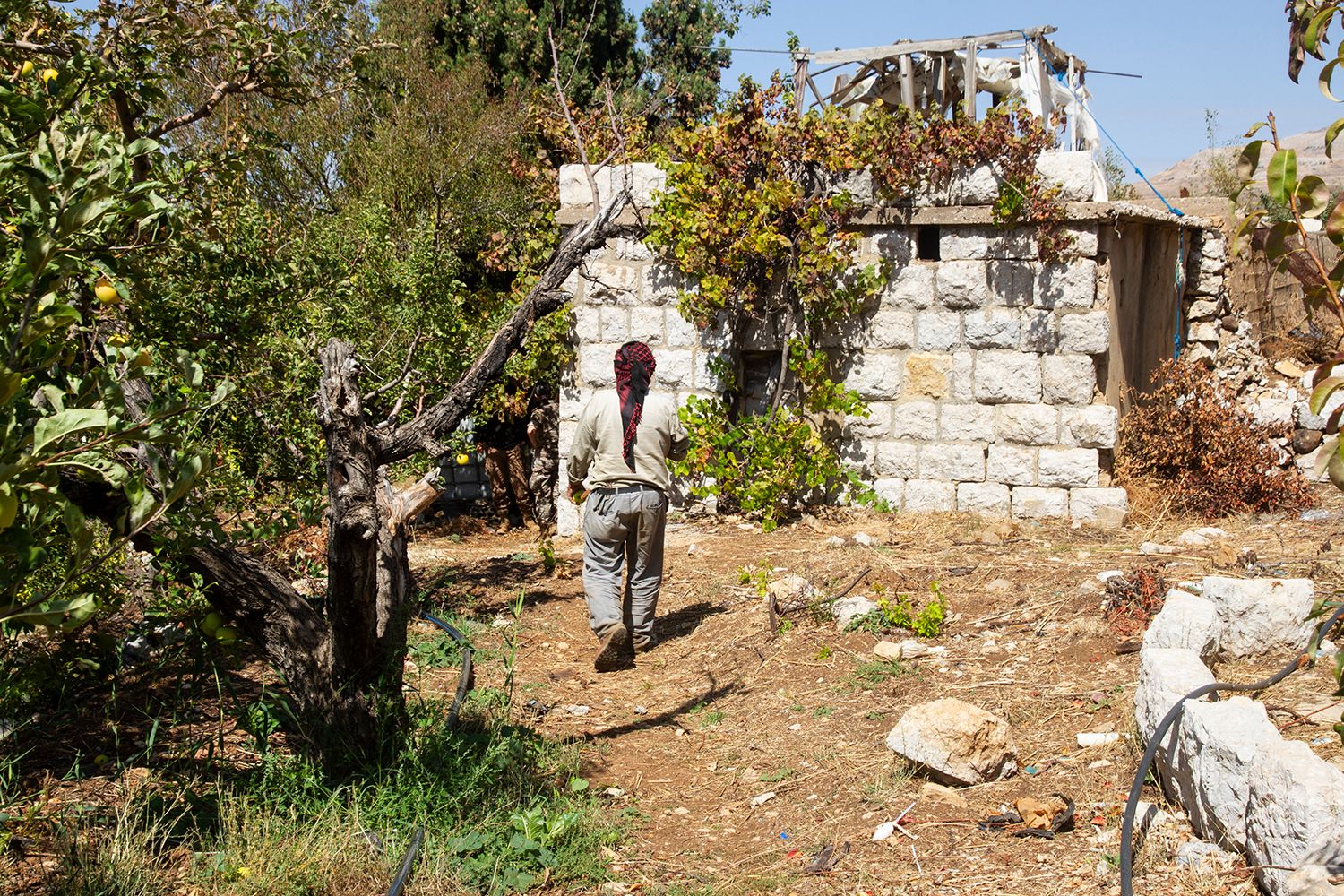The Issue
In 2022 the global food system was hit by multiple crises. This has led to 9,2% of the global population facing hunger in 2022 and 29,6% experiencing moderate or severe food insecurity – and even more communities are just one shock away from food insecurity.
FAO’s 2023 State of Food Insecurity and Nutrition in the World Report highlighted that the intensification and interaction of conflict, climate extremes and economic slowdowns and downturns, combined with highly unaffordable nutritious foods and growing inequality, is making it difficult to eliminate worldwide hunger.
The Project
The project aims to create practical ways to make the switch to sustainable, climate-resilient farming easier and safer. It also focuses on protecting local food and market systems to improve food security and independence, especially during climate-related challenges and in humanitarian situations. It does so by applying a food and market systems perspective to understand and address the challenges around food security in a holistic, integrated manner.
Focusing on three contexts, with distinct humanitarian, food security and climate risk profiles, the project will assess external and internal evidence, good practices and lessons learnt as well as design and test promising solutions. The insights from each case will feed into a synthesis, informing a more holistic and dynamic food and market systems approach of DCA and partners in humanitarian contexts. The learnings will inform the wider humanitarian work of DCA, local humanitarian partners and international and local knowledge partners.
The Change
The economic downturn has prompted many smallholder farmers, struggling with economic crisis and climate shocks and stresses to move towards low input systems, which without proper approaches results in low yields. Transitioning to more climate resilient, sustainable agroecology approaches, with diverse productivity and resilience outcomes, presents a promising solution for smallholder farmers and their communities to strengthen food and income security.
Thematic Relevance
The thematic focus of DCA’s work in this project is linked to the theme of “Building” resilience in food systems within humanitarian settings. By emphasizing sustainable, climate-resilient agroecology-based food production, the project aims to construct robust systems that can withstand climate shocks and stresses. Additionally, by protecting local food and market systems, the project contributes to the construction of self-reliance and enhanced food security among vulnerable populations. Through holistic approaches and innovative solutions, the project seeks to construct a foundation for long-term resilience and sustainability in humanitarian contexts.
About this project
Title: Easing and De-risking Transition to Climate Resilient Food Production for Enhanced Self-reliance in Humanitarian Contexts
Period: January 2024- January 2026
Local partner: AgriMovement (Agricultural Movement in Lebanon)
Amount: 5,000,000 DKK
Outreach: 200 households in the Saida area
Donor: Novo Nordisk Foundation


